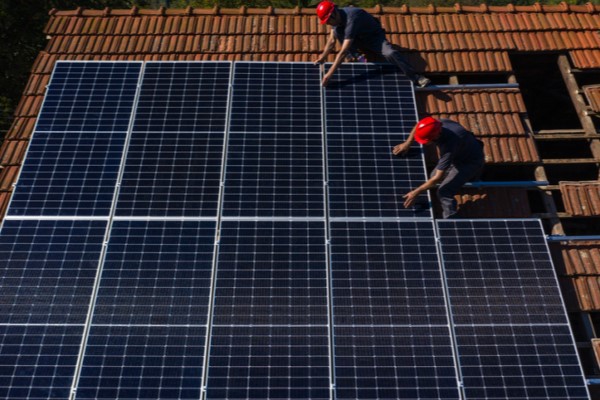Queensland leads country in solar installations
The Climate Council has praised Queensland’s solar installation progress and other moves to tackle climate pollution.
The accolade follows the Climate Council’s Race to the Top report which assesses the performance of each Australian state and territory on rooftop solar, home batteries, electric vehicle (EV) registrations and emissions targets.
ADVERTISEMENT
Queensland is leading ahead in several areas, according to the report.
“Queenslanders aren’t just driving this change, they’re fanging it. The Sunshine State has embraced solar panels and electric vehicles so rapidly it’s hard to keep up with their impressive progress,” Climate Council chief executive Amanda McKenzie says.
Half (50.2%) of Queensland houses now have rooftop solar, the greatest penetration of any state. There are also 3.1 EVs registered per 1,000 people, the second-highest adoption after the ACT.
Of the other states and territories, Victoria is leading in wind energy and all-electric homes, NSW in shared transport and South Australia in household batteries. The ACT topped the scoreboard for zero-emissions vehicles, with 20% of new vehicles sold in the ACT now being electric. With 100% of its power coming from renewables (mostly hydropower), Tasmania continues to be a renewable energy leader.
While WA was making positive progress in some areas, it was being held back by the lack of a statewide plan for making cuts to climate pollution this decade as well as the ongoing expansion of gas, the Climate Council found. Similarly, the Northern Territory was not on track to cut climate pollution and was continuing with major gas projects.
-
ADVERTISEMENT
-
ADVERTISEMENT


